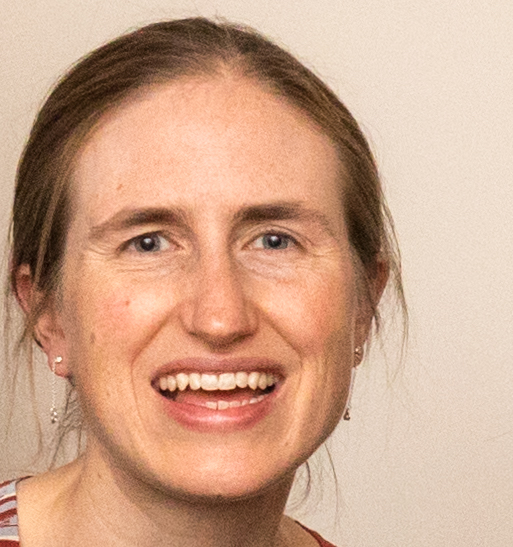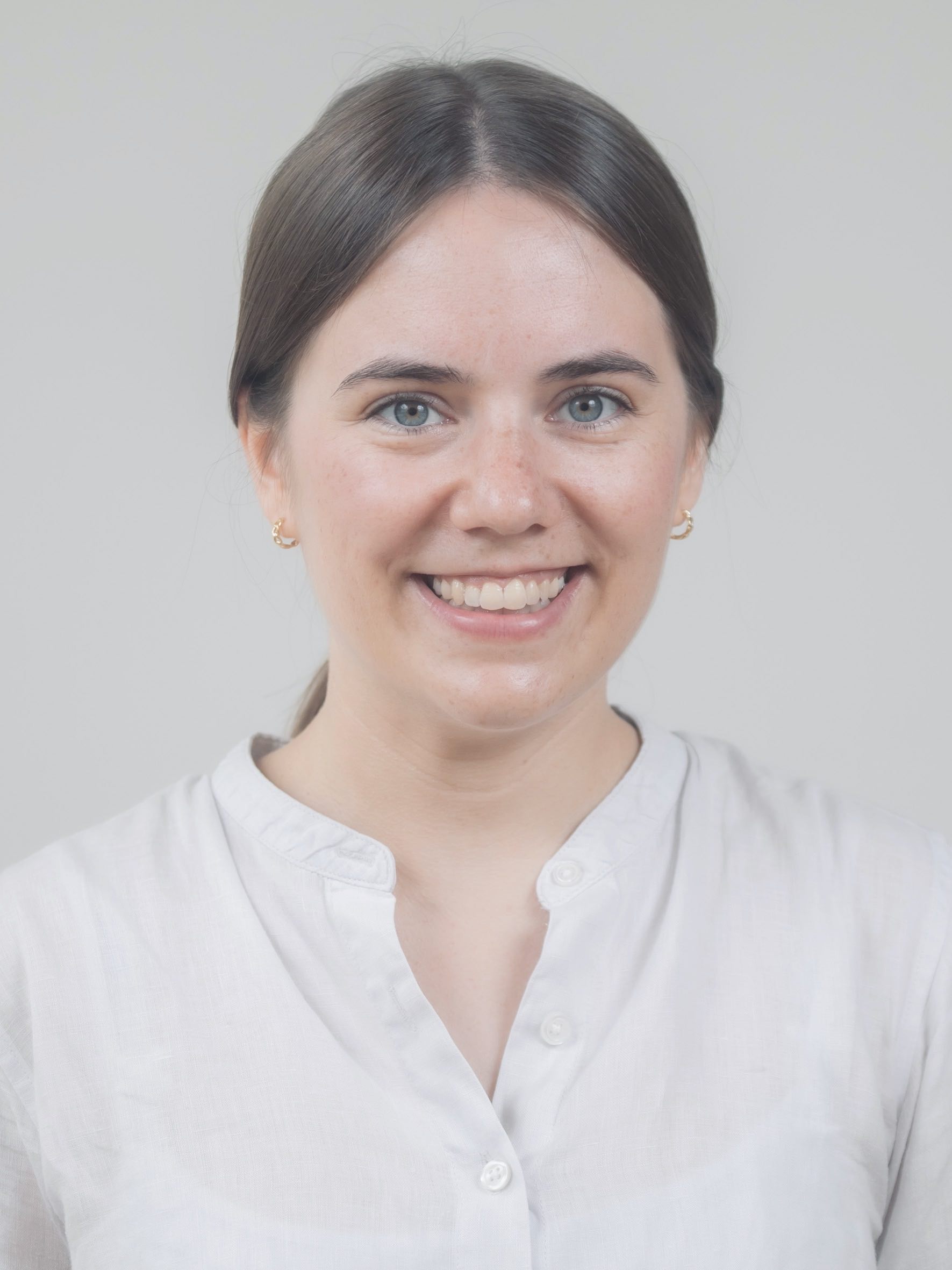.jpg)
Date: Monday, 12:00-13:00
Title: Personalizing foundation models for visual generative AI
Abstract:
Machine learning now heavily relies on "foundation models", representations trained with massive data in a task-agnostic way, and then used for downstream tasks. But how can we make them most useful for our own tasks? I will discuss a series of studies addressing this problem in the context of vision-and-language models. These include textual-inversion techniques - where we teach new personalized visual concepts to the model that can be combined with known concepts, and ways to improve their editability and speed. I will also discuss generation of rare classes, personalized approaches to discriminative problems, and future directions in model personalization.
.jpg)
Date: Monday, 16:30-17:30
Title: The AI Mirror: Human Prediction and Reflection in AI
Abstract:
Would you ever try to chart your path up a dangerous, unfamiliar mountain while looking in a mirror facing behind you? Today’s AI technologies are marketed as the key to predicting and navigating humanity’s uncertain future in a time of crisis. Yet are these new tools clear windows into our future, or are they looking-glass reflections of our past? Can they ever show us what we and our societies can become, where we might go anew, or what is possible for humanity to accomplish together for the first time? In the face of growing planetary and civilizational challenges that require letting go of the unsustainable ways of the past, humanity’s most urgent task is to embrace and renew our capacities for self-creation, moral imagination and above all, wisdom. AI too has a vital role to play in that task – if we have the courage to reclaim, rethink and rebuild these technologies in the name of humane futures.

Date: Tuesday, 16:30-17:30

Date: Tuesday, 8:30 - 9:30
Title: Democracy and the Pursuit of Randomness
Abstract:
Sortition is a storied paradigm of democracy built on the idea of choosing representatives through lotteries instead of elections. In recent years this idea has found renewed popularity in the form of citizens’ assemblies, which bring together randomly selected people from all walks of life to discuss key questions and deliver policy recommendations. A principled approach to sortition, however, must resolve the tension between two competing requirements: that the demographic composition of citizens’ assemblies reflect the general population and that every person be given a fair chance (literally) to participate. I will describe our work on designing, analyzing and implementing randomized participant selection algorithms that balance these two requirements. I will also discuss practical challenges in sortition based on experience with the adoption and deployment of our open-source system, Panelot.

Date: Wednesday, 12:30-13:30
Title: Models and Algorithms for Scalable Collective Decision Making
Abstract:
This PhD thesis derives models and algorithms for a large variety of collective choice problems, while placing its focus on scalability. That is, even though parts of the problem---the number of outcomes, of decisions, or of agents--- may become very large, the goal is to keep the cognitive effort for the agents and the computational effort of determining the outcome of collective choice rules low. Beyond that, the thesis particularly focuses on properties of collective choice rules that capture (proportional) representation of the agents' preferences. In particular, it studies multi-winner elections, weighted fair allocation, liquid democracy, and the elicitation and aggregation of pairwise preferences.
